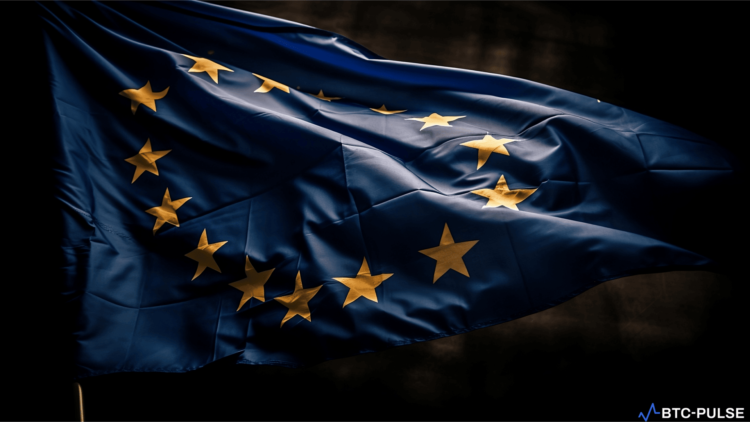EU Bodies Issue Joint Statement on Digital Euro Regulation
On October 18, the European Data Protection Board (EDPB) and the European Data Protection Supervisor (EDPS) issued a crucial joint opinion on the evolving regulations surrounding the “digital euro”. This currency, introduced by the European Commission, represents a monumental step in the evolution of centralized digital currencies (CBDC).
Recommendations for Enhanced Data Protection
The authoritative bodies have made a strong case for bolstering personal data protection within the CBDC’s operational framework. They particularly stressed the importance of refining the verification processes tied to the maximum digital euro amounts permissible in individual accounts.
A Closer Look at Verification Procedures
A point of contention lies in the proposed single access point, which allows the European Central Bank (ECB) and national banks unbridled access to user data. The regulators advocate for a more nuanced approach, suggesting a comprehensive assessment to ascertain the necessity of such a centralized access point, promoting the idea of decentralized data storage instead.
Scrutinizing Fraud Detection Mechanisms
The existing fraud detection and prevention mechanisms within the CBDC framework also came under scrutiny. The EDPB and EDPS have called for a more explicit demonstration of these mechanisms’ necessity, urging for the consideration of less invasive measures in fraud prevention from a data protection standpoint.
Advocating for a Privacy Threshold
In a significant recommendation, the regulators urged the establishment of a ‘privacy threshold’ for transactions. This would mean that smaller, everyday transactions could remain anonymous, not subject to stringent anti-money laundering (AML) and combating the financing of terrorism (CFT) tracking procedures.
Navigating the Way Forward
Following a two-year in-depth investigation, the ECB has transitioned into the “preparation phase” of the digital euro project. This phase, slated to span two years, will be instrumental in laying down the foundational rules and selecting the potential issuers of the digital euro.
In the dynamic landscape of digital currencies, these recommendations underscore the ongoing commitment to upholding robust data protection standards, ensuring that the digital euro evolves with a firm emphasis on user privacy and security.










